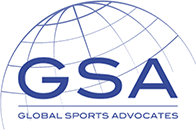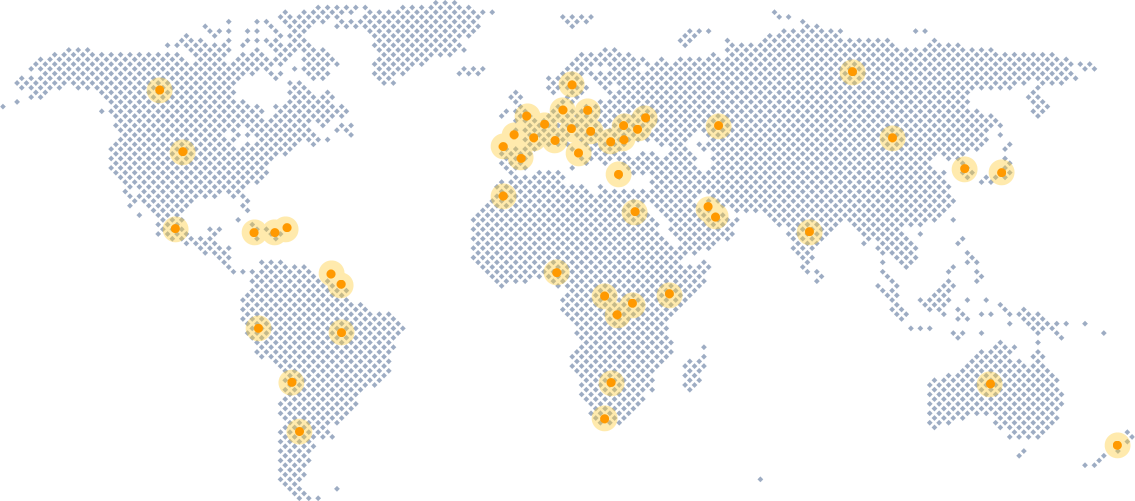When international American basketball player Scottie James signed a new contract with Chinese club Tianjin Ronggang, he expected to focus on competing—not on a legal fight with his former agent. But soon after he arrived overseas, that agent demanded $150,000+ in commissions for three seasons’ worth of deals he did not negotiate.
Like many athletes, James had signed an agency agreement early in his career that included broad fee-trigger language. On paper, it looked like the agent had a strong case. At the Basketball Arbitral Tribunal (BAT), these types of clauses are often enforced—even when an agent does nothing to secure a contract.
But this was far from a typical dispute.
A Complicated, High-Risk Dispute
We quickly identified several issues that made this case unusually complex:
Internal Contradictions Inside the Agency
James’s primary contact at the agency—one of its Directors—had repeatedly told him he did not owe any commission for the China contract because the agency was not licensed to represent players there and had not assisted with the deal. He also reviewed the contract, approved the move, and encouraged James to sign.
Regulatory Complications in China
Unlike most countries, China requires agents to hold special certification with the Chinese Basketball Association. Because the agency did not have that certification, even its own staff admitted early on that its right to any commission was uncertain.
Three Different Seasons, Three Different Facts
The agent demanded a blanket 10% across three contract years. We argued—and the tribunal agreed—that each year required a separate legal evaluation, not a one-size-fits-all approach.
BAT’s Historical Practice
We were fighting an uphill battle: BAT panels often enforce agency fee clauses even when agents have performed no services. Winning a waiver case required strong evidence and a strategic approach.
The Evidence That Changed Everything
The most decisive evidence came from the agent’s own text messages. These messages showed:
- He reviewed James’s Chinese contract in detail.
- He approved James pursuing the deal through a different representative.
- He acknowledged that the Chinese agent did not want to split commissions—and accepted that reality.
- He told James directly that signing the contract was “the move” if it was what he wanted.
BAT found these communications to be clear proof that the agency had waived any right to commissions for that season.
Just as importantly, the tribunal held that James was entitled to rely on the guidance of the agency’s Director. Internal disagreements within the agency could not be used against the player.
A Landmark Outcome
After a full hearing before the BAT panel, Global Sports Advocates secured a major victory:
- 2022–23 Contract. The panel ruled that the agency had validly waived its fees.
- 2023–24 Contract. The panel awarded the agency $44,400—a fraction of its six-figure demand. It also ordered the agency to pay over $4,500 toward James’s legal costs.
- 2024–25 Contract. The agency agreement had expired; no fees were owed.
Protecting Athletes From Unfair Agency Demands
This case highlights a truth we see often: Athletes sign agency contracts early in their careers—sometimes before they fully understand the long-term consequences. When relationships sour, agencies may use that language to seek massive fees, even for deals they never touched.
As this case proves, strong advocacy and a complete review of communications can make all the difference.
“It is important for young basketball players to keep in mind that the deals they sign with agents and clubs can go south,” GSA founding partner Paul Greene said. “When they do, players need to stand up and protect their rights. Failure to do so can lead to a BAT decision that derails their career.”

